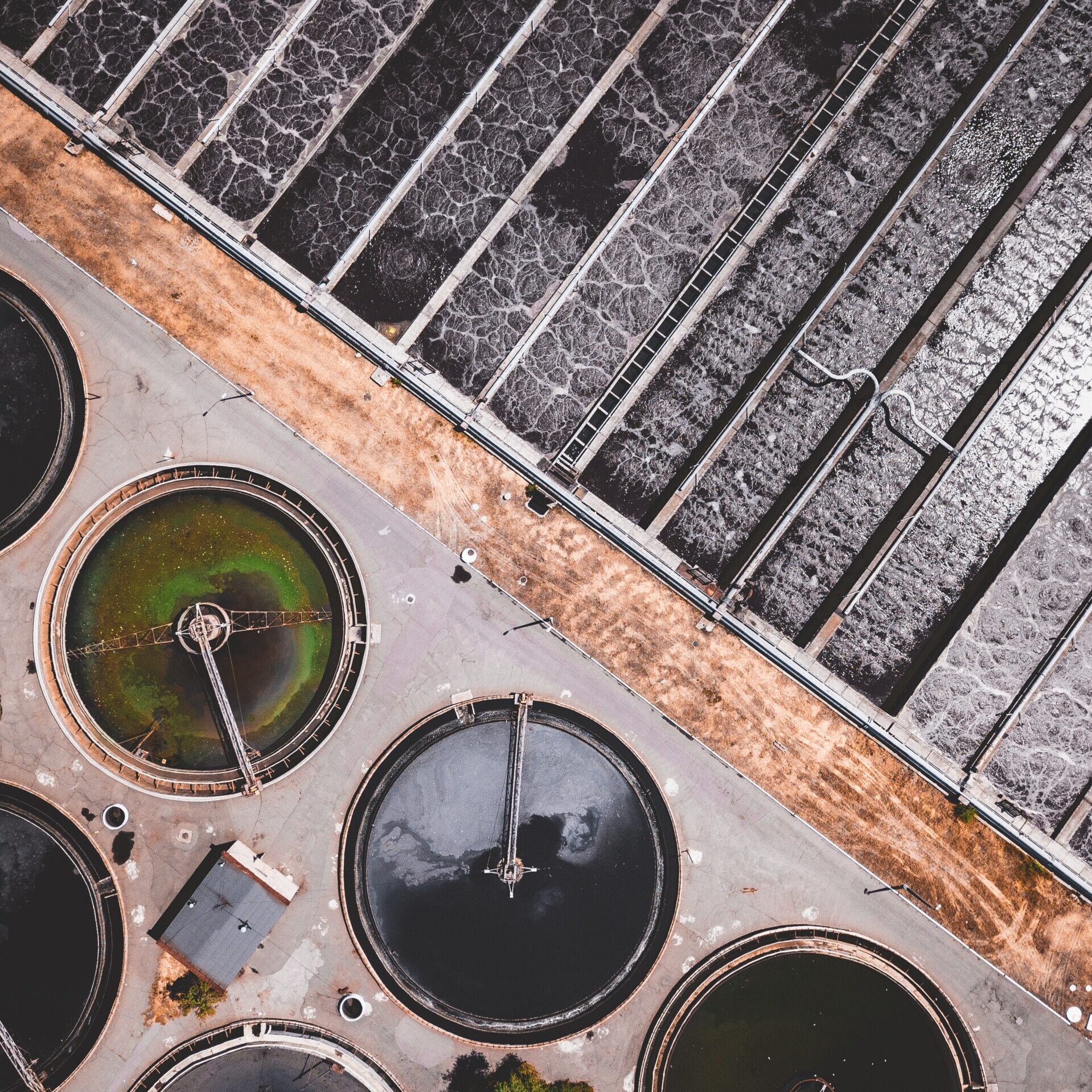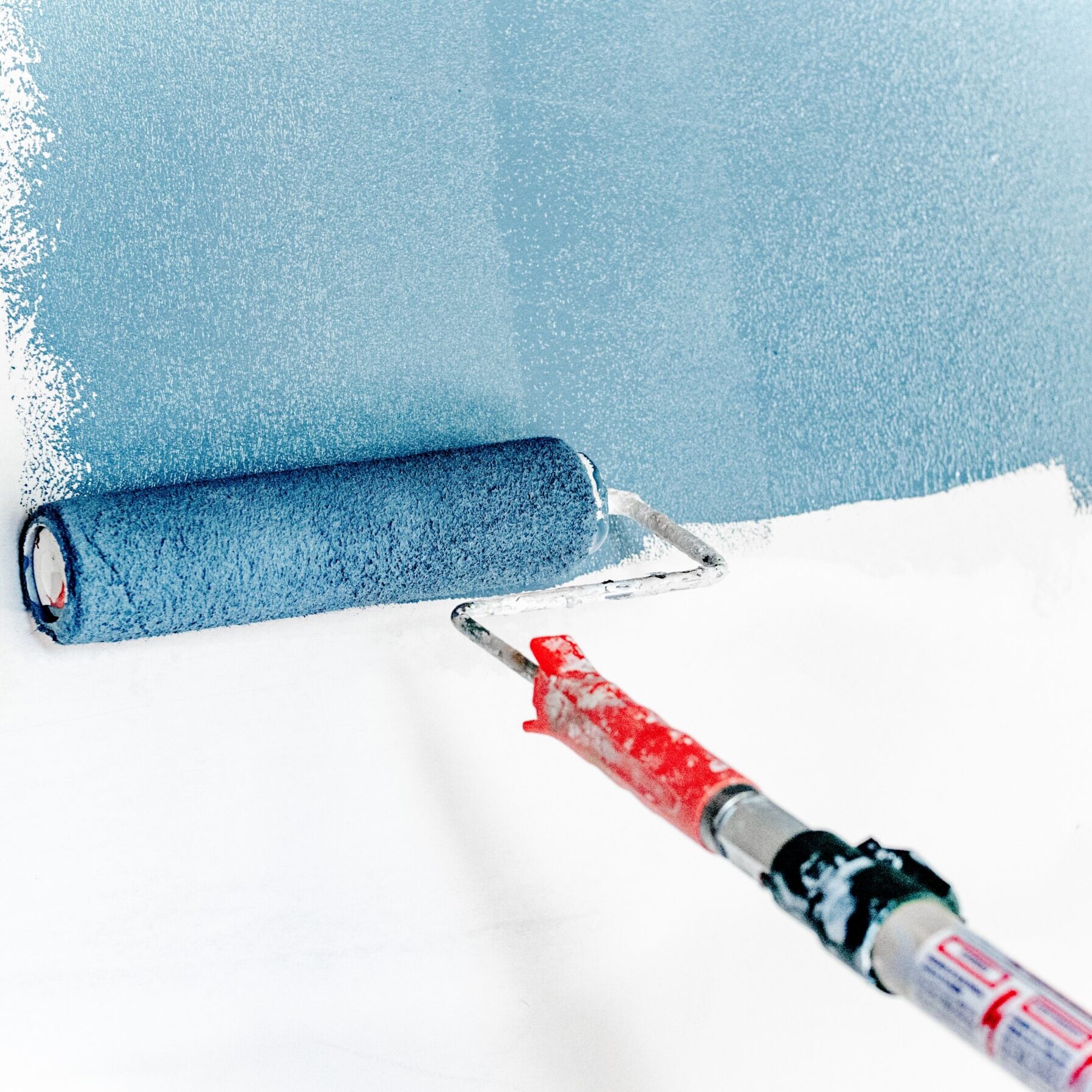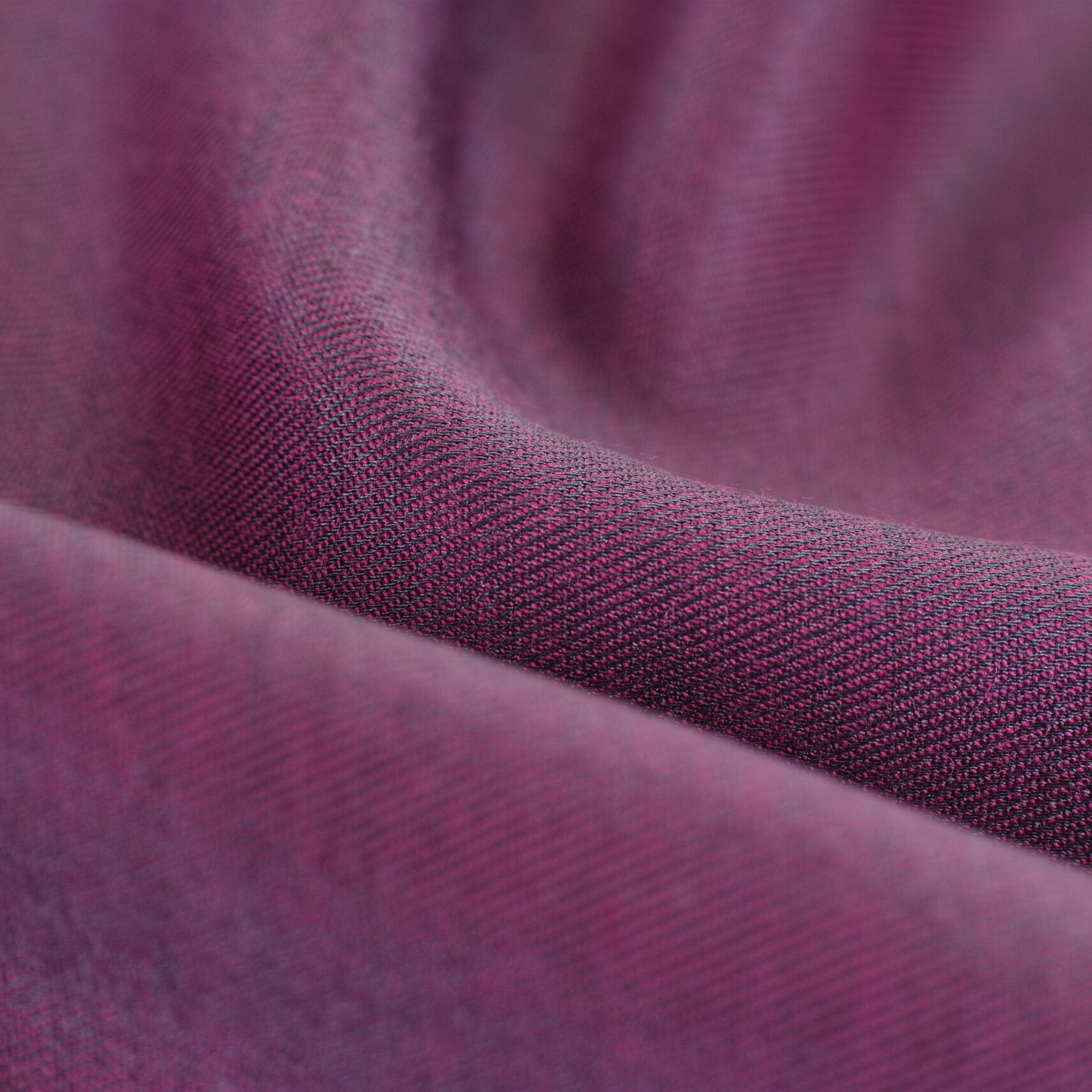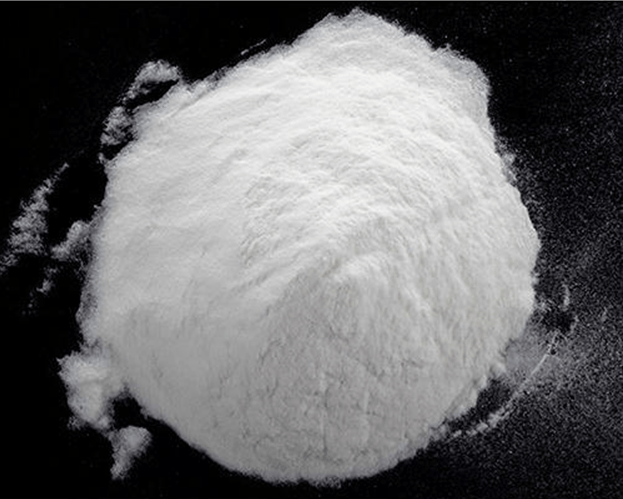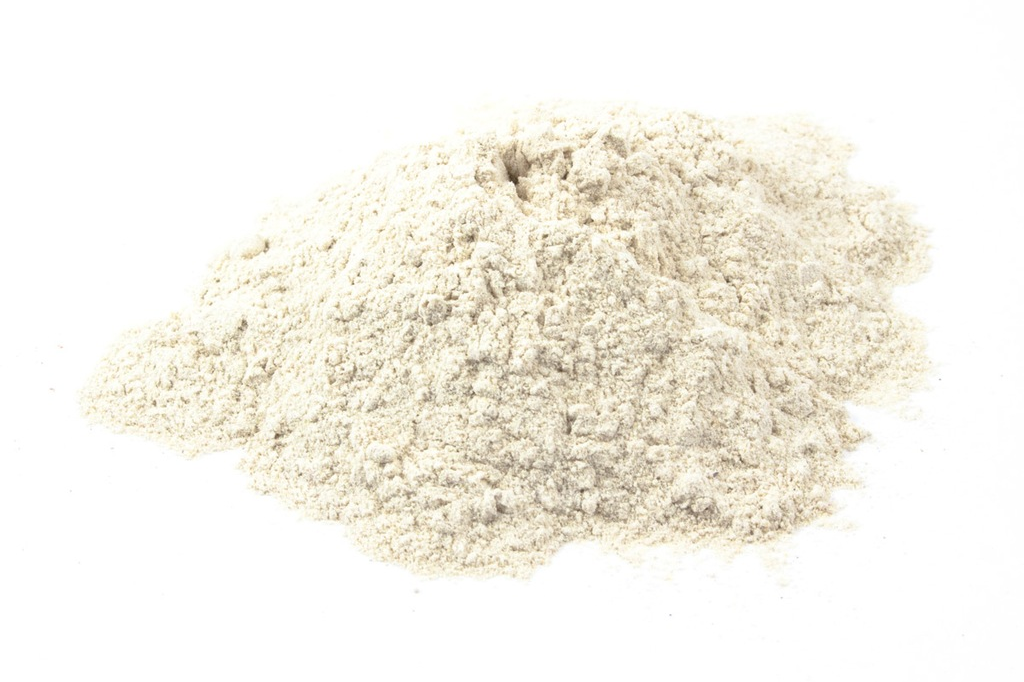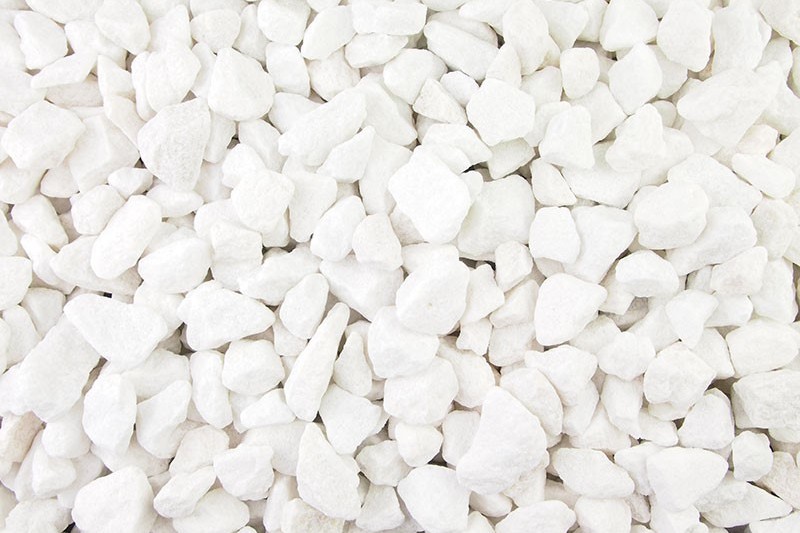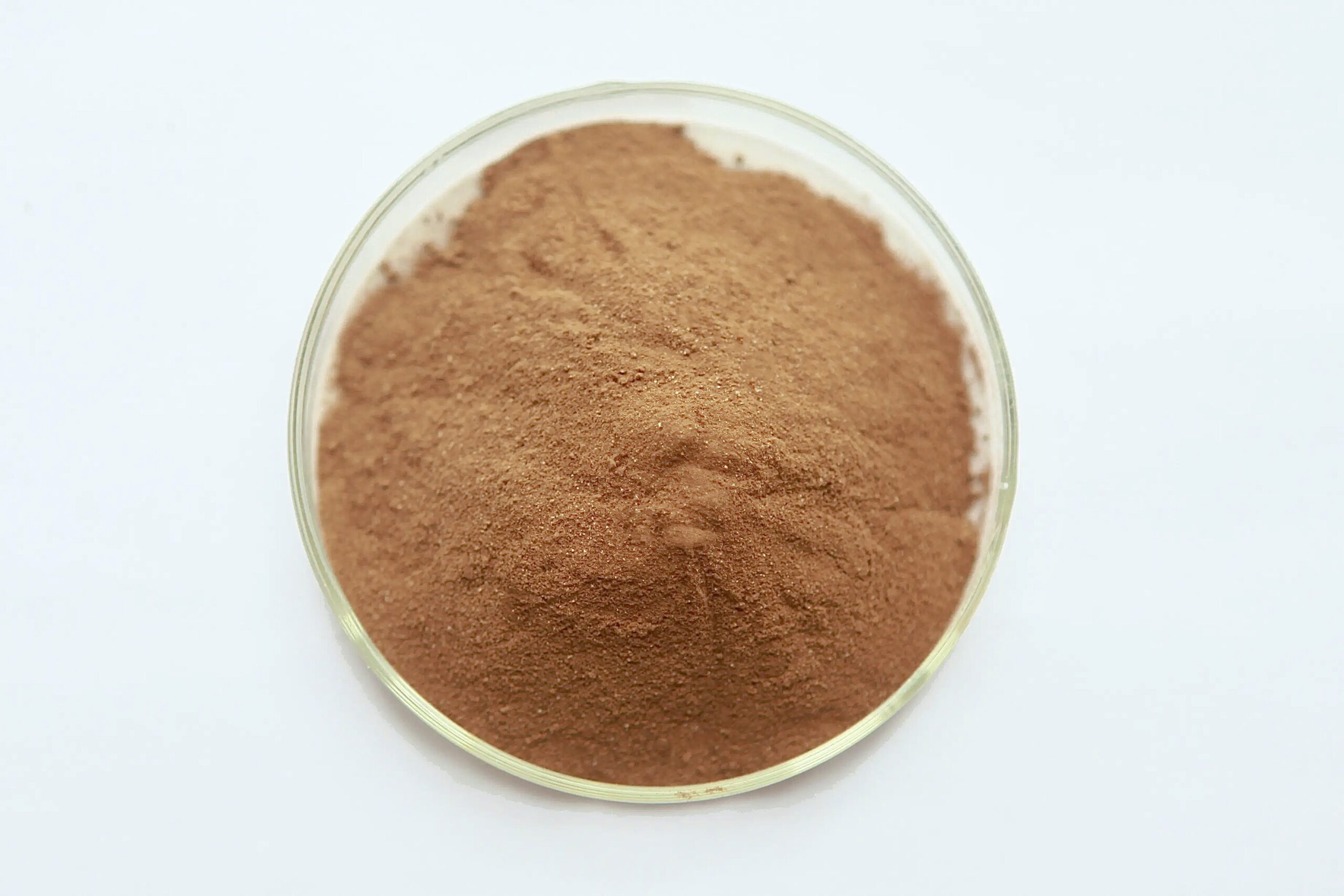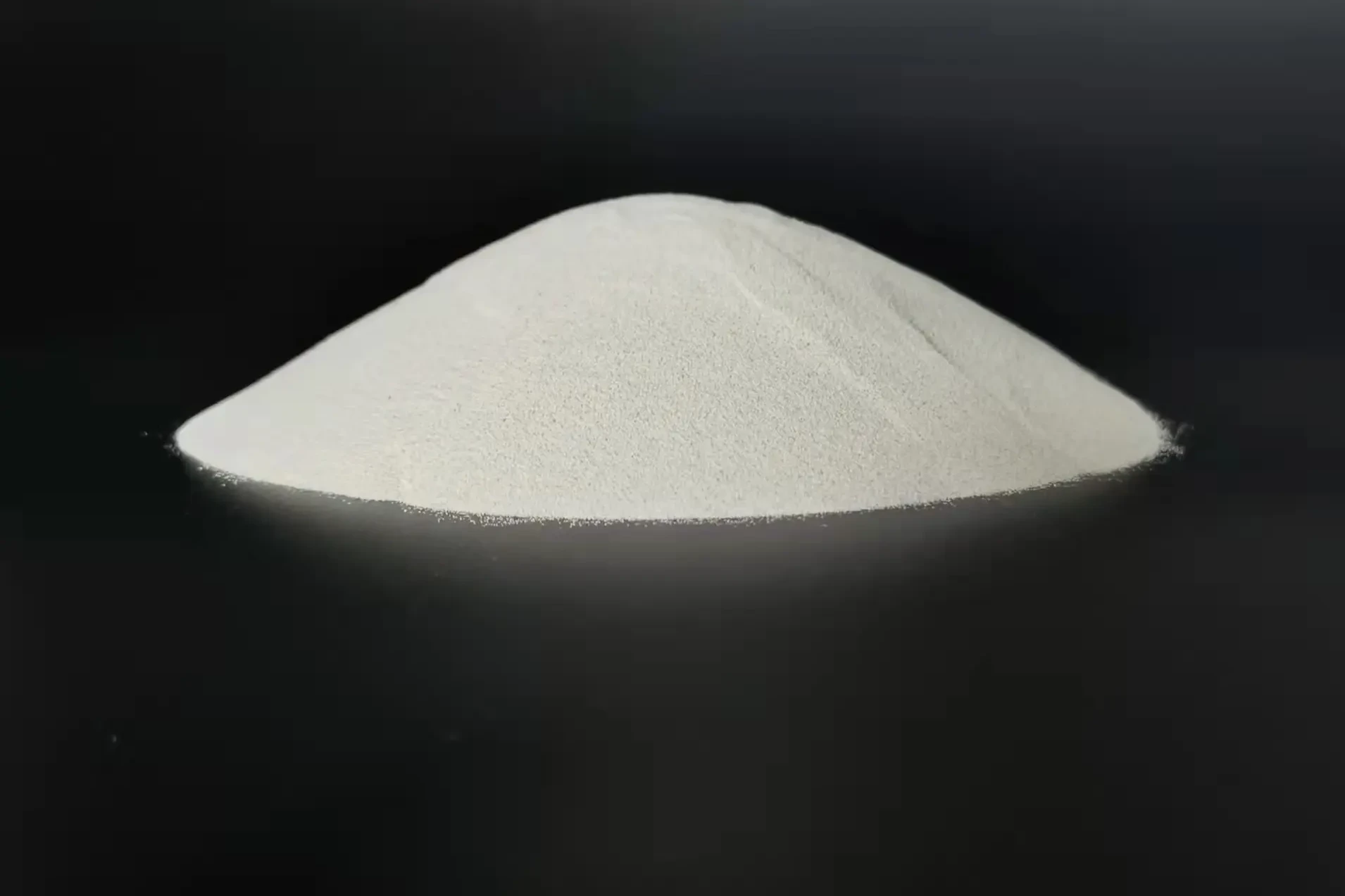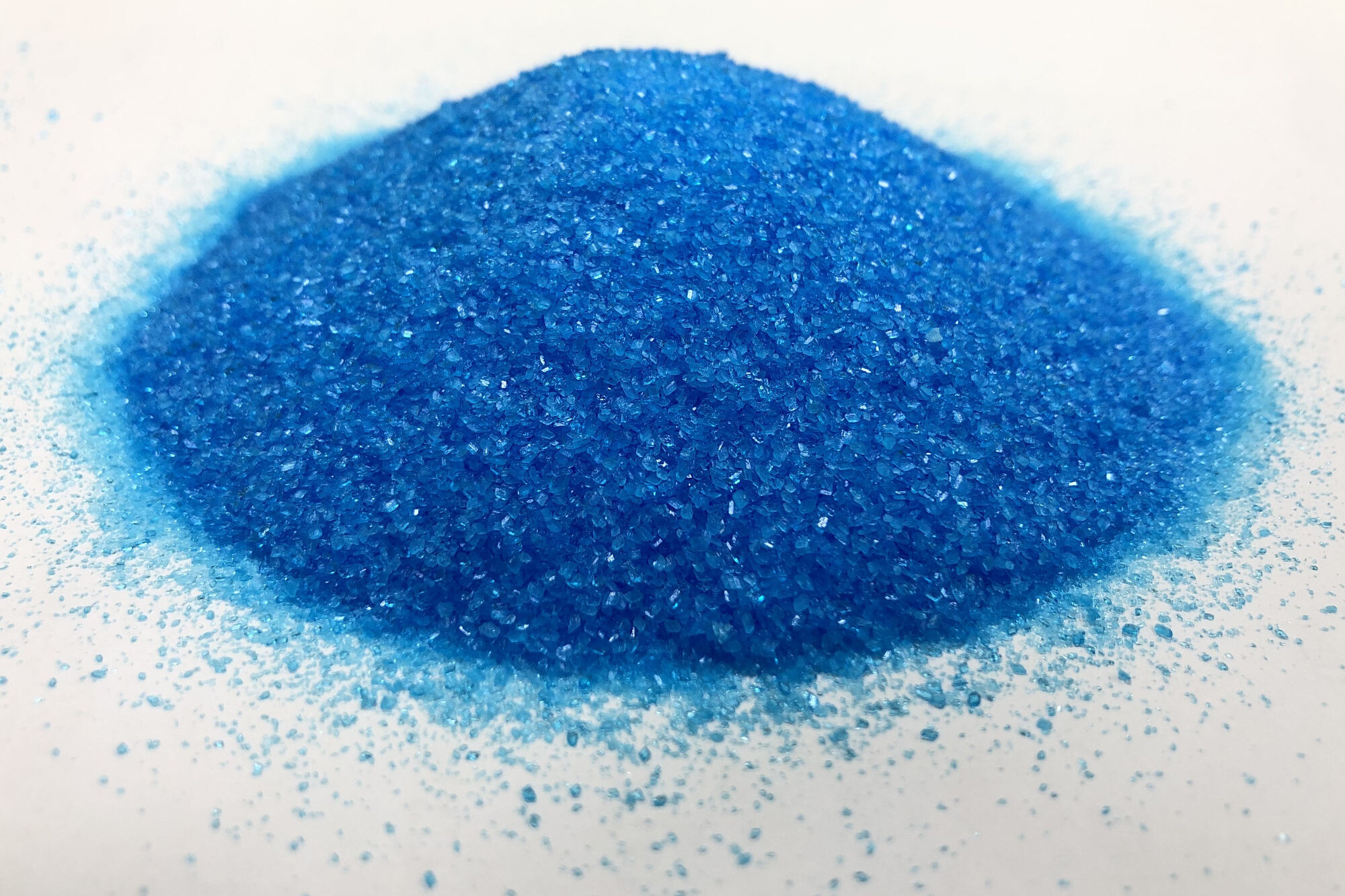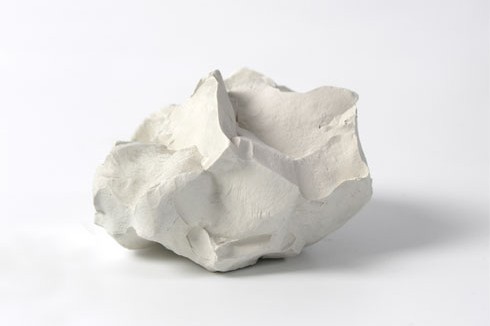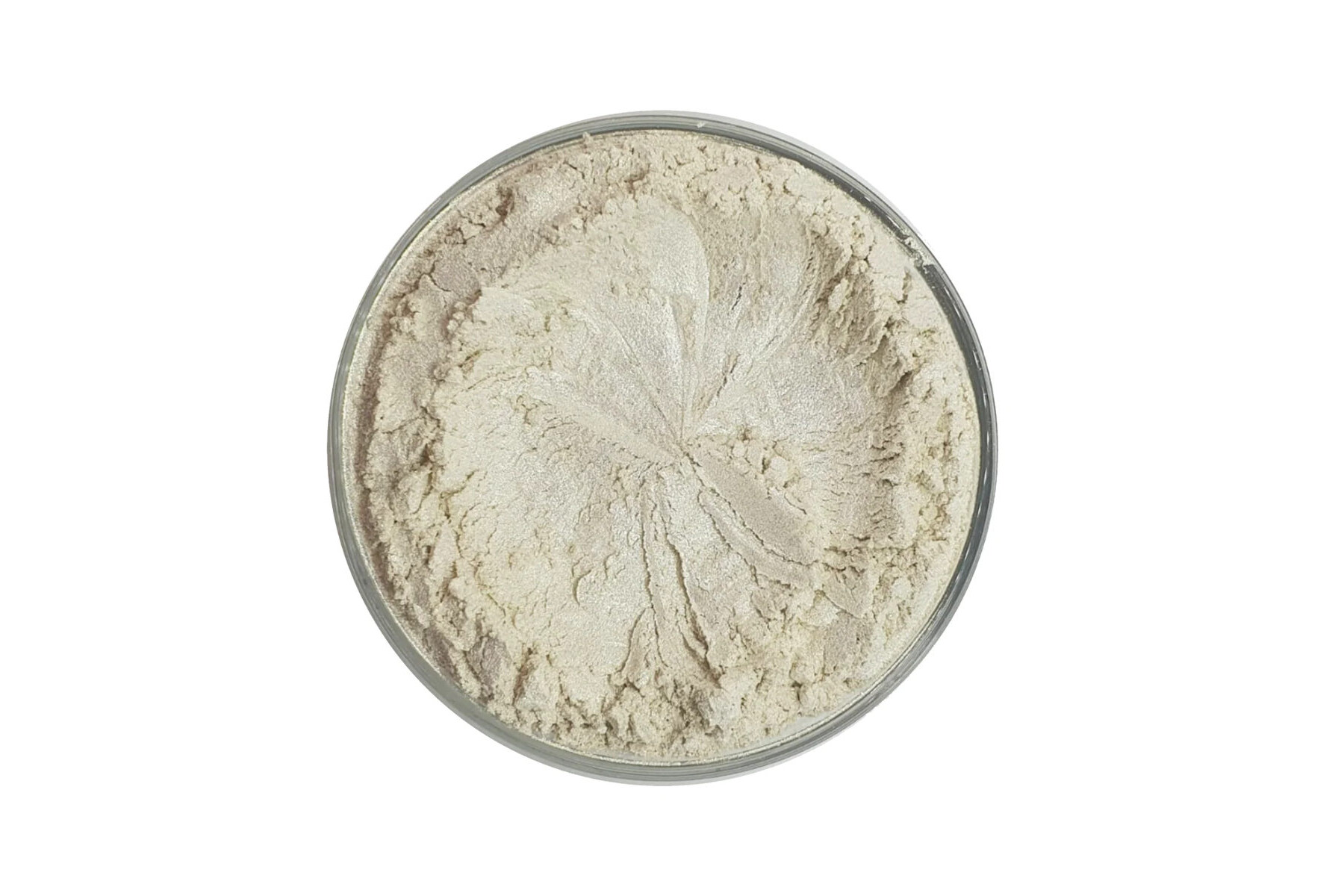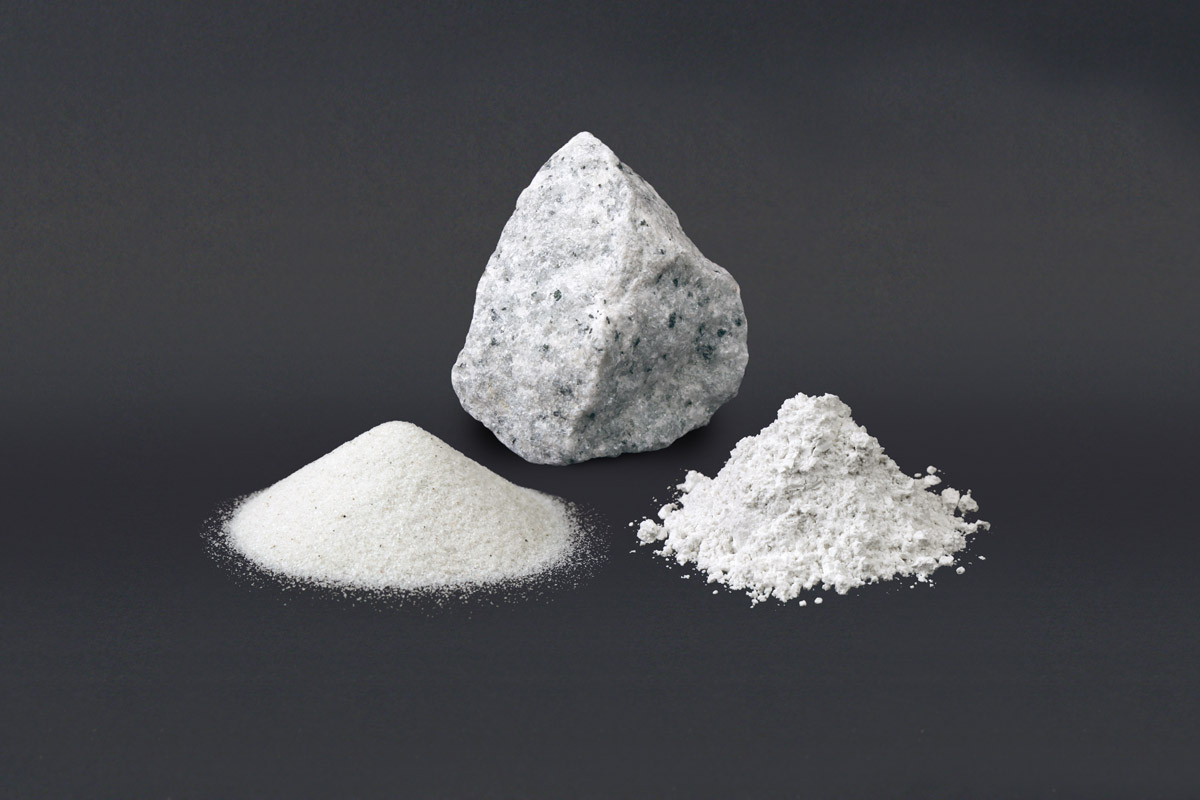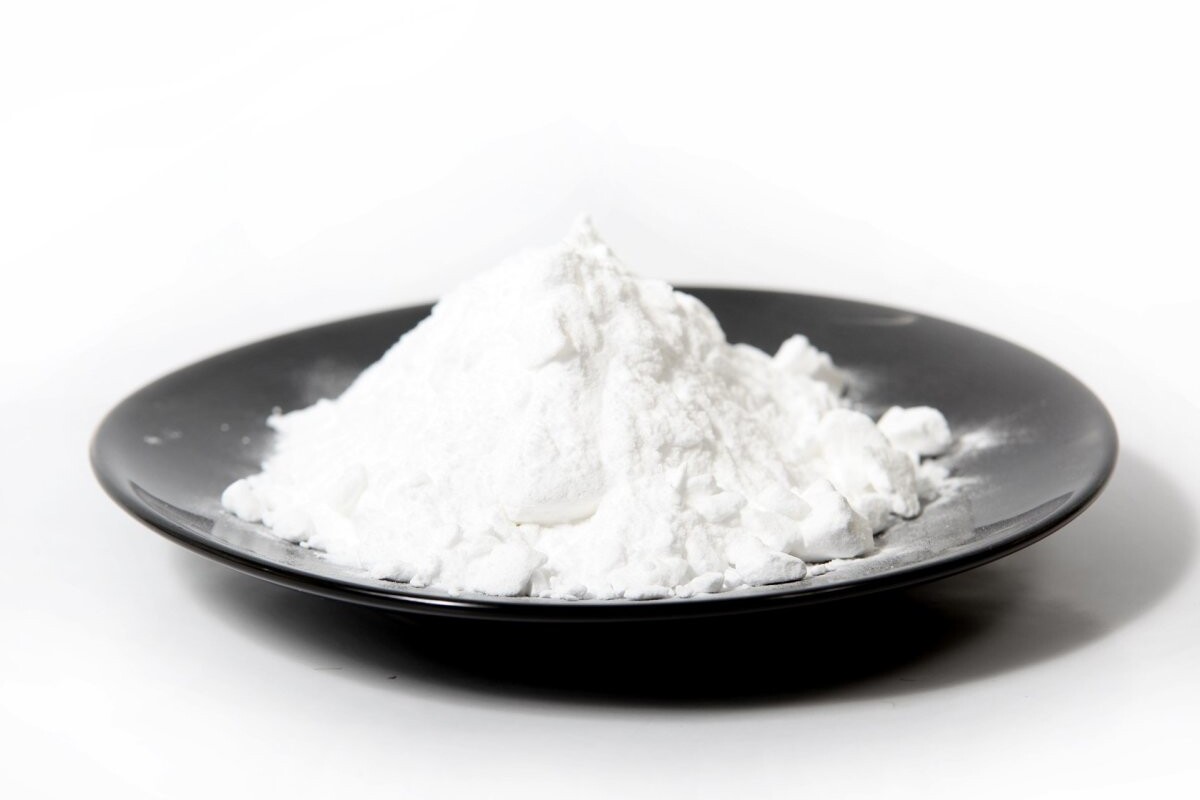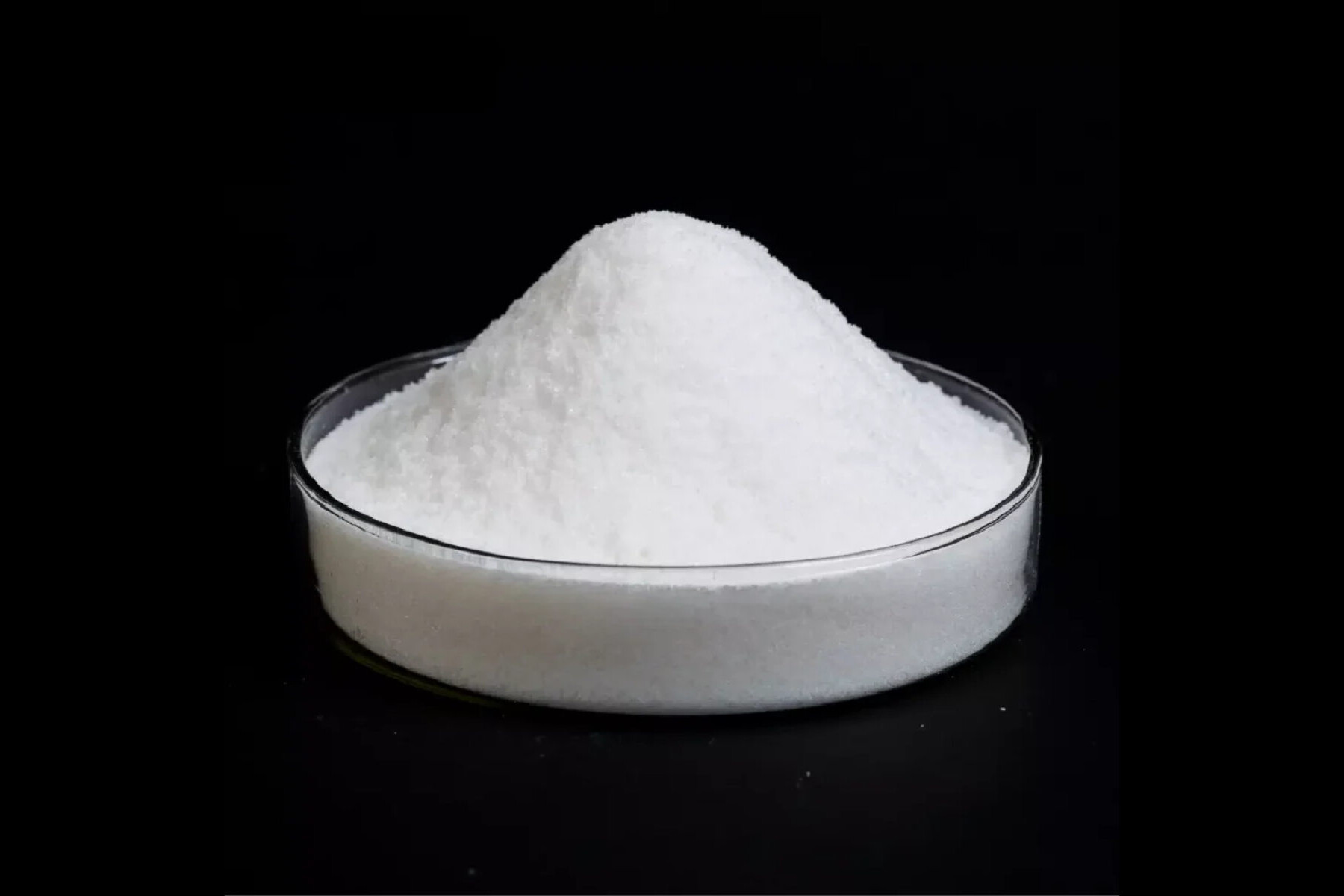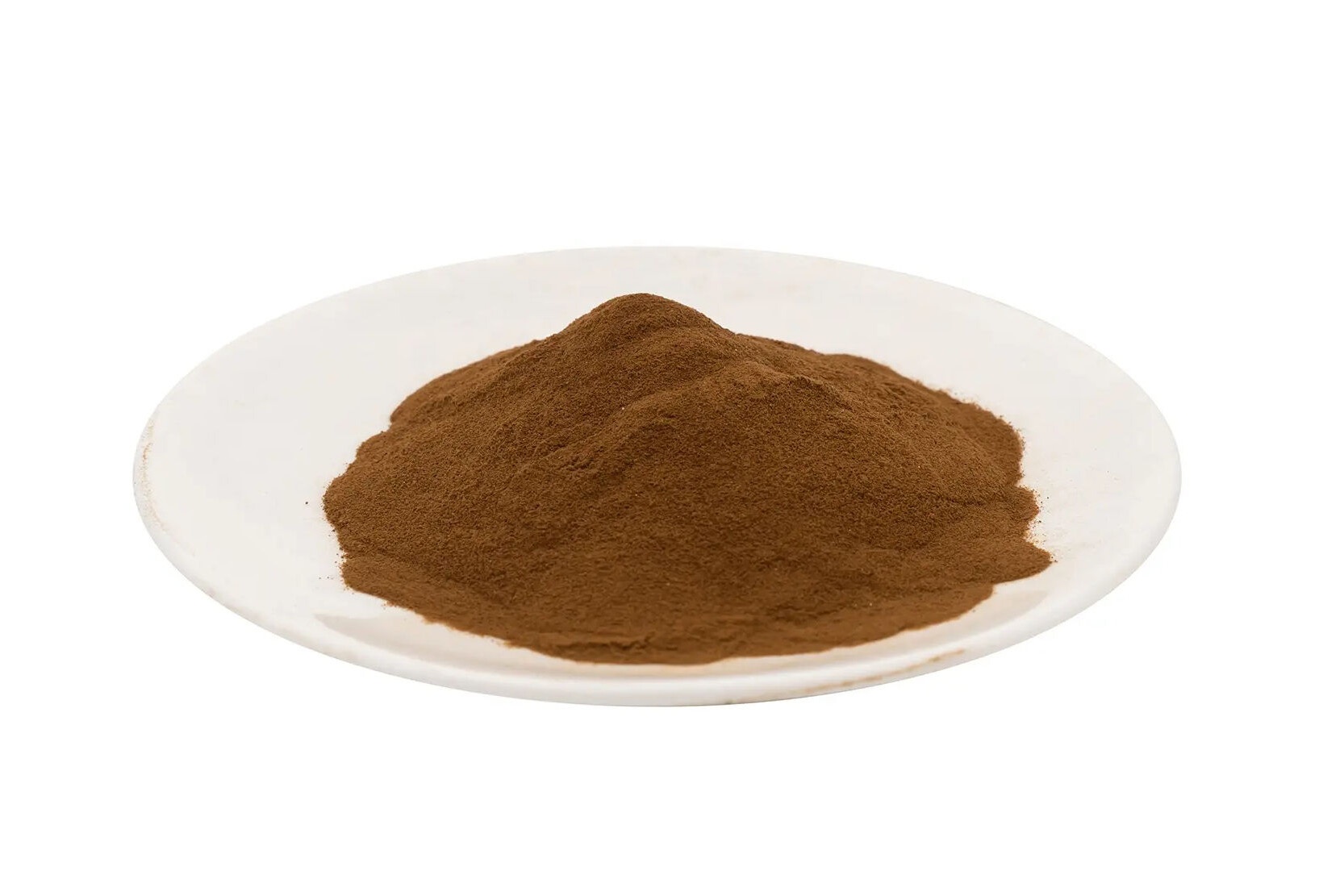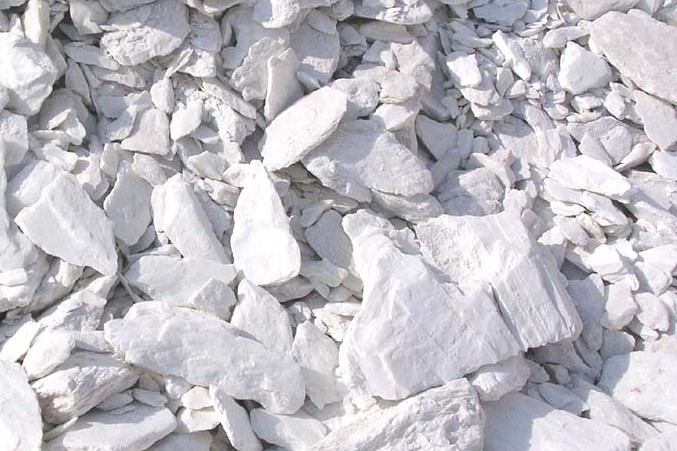Polyanionic Cellulose (PAC)
Polyanionic cellulose (PAC) is a type of water-soluble polymer derived from cellulose, which is a natural polymer found in the cell walls of plants. The cellulose is typically derived from wood pulp or cotton.
Polyanionic cellulose is chemically modified to introduce anionic (negatively charged) functional groups onto the cellulose backbone. This modification enhances its water solubility and makes it useful in various industrial applications, particularly in the oil and gas industry. The introduction of anionic groups makes PAC an effective thickening agent, stabilizer, and viscosifier in aqueous solutions.
The specific properties of polyanionic cellulose can vary based on the degree of substitution and other factors in its chemical structure. The modification of cellulose to produce PAC involves reacting cellulose with anionic reagents, such as carboxymethyl groups, to introduce negative charges along the polymer chain. This modification enhances the polymer’s solubility and its ability to interact with water-based systems.
Primary Applications
Polyanionic cellulose (PAC) finds applications in various industries due to its water-soluble and thickening properties. Some of the main industries where PAC is commonly used include:
Oil and Gas Industry
– Drilling Fluids: PAC is widely employed in drilling fluids as a rheology modifier, thickening agent, and fluid loss control agent. It helps maintain viscosity and stability in water-based drilling fluids during oil and gas exploration.
Construction Industry
– Cement Formulations: PAC is utilized in cement formulations as a thickening and water retention agent. It helps improve the workability of cement and enhances its performance in construction applications.
Pharmaceuticals
– Tablet Formulations: In the pharmaceutical industry, PAC is used as a binding agent in tablet formulations, helping to compress powdered ingredients into cohesive tablets.
Food and Beverage Industry
– Thickening Agent: While less common than other food thickeners, PAC can be used in certain food and beverage applications to modify texture and consistency.
Water Treatment
Flocculation: PAC is sometimes used in water treatment processes for its flocculating properties, assisting in the removal of impurities and suspended particles from water.
Enhanced Oil Recovery (EOR)
– Fluid Modification: PAC may be employed in enhanced oil recovery processes to modify the rheological properties of water-based fluids used in the recovery of oil from reservoirs.
Paints and Coatings
– Stabiliser: In the paints and coatings industry, PAC can act as a stabiliser, helping to maintain the desired consistency and stability of the formulations.
Textile Industry
– Printing and Dyeing: PAC can be used in printing and dyeing processes in the textile industry to enhance the properties of water-based solutions.
It’s important to note that the specific type and grade of PAC used can vary depending on the industry and application requirements. The versatility of PAC arises from its ability to modify the rheological and water-retention properties of solutions, making it valuable in diverse industrial settings.
Polyanionic Cellulose (PAC) - LC High Viscosity
Polyanionic Cellulose (PAC) High Viscosity grade is characterized by its high viscosity when dissolved in water. PAC itself is a water-soluble polymer derived from cellulose, and it is often chemically modified to introduce anionic (negatively charged) functional groups onto the cellulose backbone.
The “High Viscosity” grade indicates that this particular type of PAC is designed to significantly increase the viscosity of the fluid in which it is dissolved. Viscosity refers to the resistance of a fluid to flow, and in the case of PAC, it is often used to control the rheological properties of fluids in various industrial applications.
Key features of Polyanionic Cellulose High Viscosity grade include:
- Thickening Agent: PAC High Viscosity grade is used as a thickening agent, particularly in applications where a substantial increase in viscosity is required. This is common in industries such as oil and gas drilling.
- Fluid Loss Control: It helps control fluid loss in drilling fluids, preventing the invasion of drilling fluids into the formation.
- Stabiliser: It acts as a stabilizer, contributing to the stability of the fluid or solution.
- Enhanced Oil Recovery (EOR): In some cases, High Viscosity PAC may be used in enhanced oil recovery processes to modify the rheological properties of water-based fluids.
Polyanionic Cellulose (PAC) - LC Low Viscosity
Polyanionic Cellulose (PAC) Low Viscosity grade is characterised by its relatively lower viscosity when dissolved in water compared to other PAC grades. PAC itself is a water-soluble polymer derived from cellulose, and it is often chemically modified to introduce anionic (negatively charged) functional groups onto the cellulose backbone.
The “Low Viscosity” designation indicates that this particular type of PAC is designed to have a lower impact on the viscosity of the fluid in which it is dissolved. While it still serves as a thickening agent, it does so to a lesser extent than higher viscosity grades of PAC.
Key features of Polyanionic Cellulose Low Viscosity grade include:
- Thickening Agent: PAC Low Viscosity grade is used as a thickening agent, but it imparts a lower viscosity compared to higher viscosity grades. It is still effective in modifying the rheological properties of fluids but to a lesser degree.
- Fluid Loss Control: Similar to higher viscosity grades, Low Viscosity PAC can help control fluid loss in drilling fluids, preventing the invasion of drilling fluids into the formation.
- Stabiliser: It acts as a stabiliser, contributing to the stability of the fluid or solution.
- Versatility: Low Viscosity PAC may find applications where a moderate increase in viscosity is desired without significantly impacting the flow characteristics of the fluid.
Make an Enquiry
Ed Allen
Sales Manager
Ed handles all enquiries related to Polyanionic Cellulose (PAC). Please get in touch using the link below with details of your requirements and we would be happy to help.




